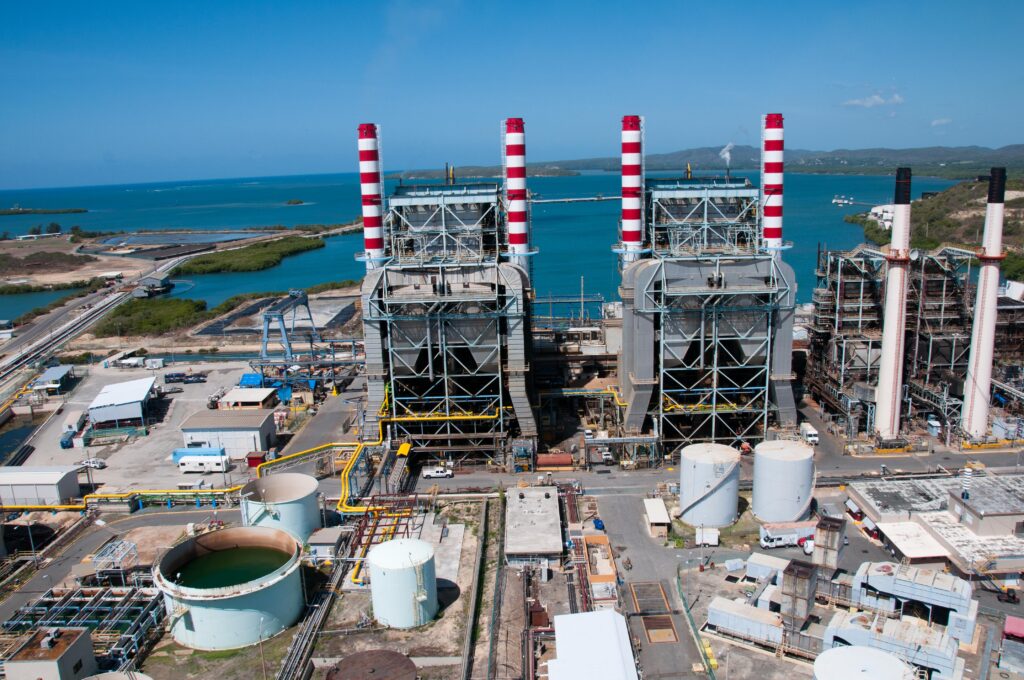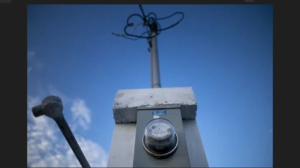SAN JUAN (AP) — Residential electric bills in Puerto Rico could increase by an average of $19 a month if a federal bankruptcy judge approves a proposal filed Thursday to restructure the staggering debt held by Puerto Rico’s power company.
The plan would cut by nearly half the more than $10 billion debt held by the Electric Power Authority — the largest of any government agency — and has the support of at least three major classes of creditors, according to a federal control board that oversees the U.S. territory’s finances and filed the proposal.

Board Chairman David Skeel noted that customers are not to blame for the power company’s bankruptcy, and that the legacy charge would be painful for residents and businesses already paying high power bills amid ongoing blackouts, but that there is no way to completely erase the company’s liabilities.
Skeel said that almost half of the power company’s 1.4 million residential customers would not pay the additional charge if they consume less than 500 kilowatt hours of electricity a month.
In 2021, the average monthly electricity consumption for a U.S. residential customer was about 886 kilowatt hours, according to the U.S. Energy Information Administration.
The average $19 a month increase for non-subsidized residential customers would include a flat $13 monthly connection fee and additional charges depending on power use. Meanwhile, there would be a $16.25 monthly connection fee for small businesses, $20 monthly for smaller industrial companies and $1,800 monthly for large businesses, plus additional charges depending on power use.
The proposed charges would still have to be approved by Puerto Rico’s Energy Bureau.
Skeel stressed that the newest debt restructuring proposal carries the least burden compared with other agreements that the board and Puerto Rico’s government had reached with creditors previously.
In a bid to contain the slowly spreading outrage of Puerto Ricans who have long struggled with chronic power outages and multiple increases in electric bills, Gov. Pedro Pierluisi said the cost should be absorbed by the island’s power company.
He also said that electricity consumption might not become more expensive given the recent privatization of power generation and ongoing efforts to reduce the island’s dependence on petroleum.
The island’s power company’s debt is the only one that hasn’t been resolved ever since the U.S. territory declared in 2015 that it was unable to pay its more than $70 billion debt accumulated through decades of corruption, mismanagement and heavy borrowing. In 2017, the government filed for the largest U.S. municipal bankruptcy in history.
Attempts to restructure the Electric Power Authority’s debt have failed in recent years, with proposals scrapped and mediation talks failing amid acrimonious bickering between the government, creditors and the federal control board.


One comment
Comments are closed.